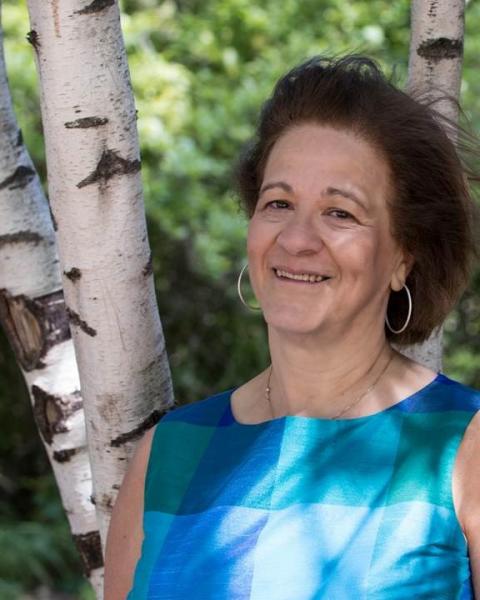We highlighted the key findings from a 2016 consumer survey of Maine, Vermont and New Hampshire residents that investigated the consumer perspective of local agriculture. Results suggest northern New Englanders value maintaining local farmland, supporting the local economy and buying options produced without pesticides when purchasing any type of fresh produce. Consumers are motivated to purchase local and organic produce for similar reasons, such as supporting the local economy, healthy eating and buying high quality produce options. Price, however, is still the main deterrent for those who do not purchase local and organic produce. Consumers are most likely to try a new type of produce option if it is offered in a taste-test station. Additionally, consumers prefer different methods of communication depending on their age — older consumers are more interested in newspaper ads, while younger consumers prefer social media outlets. Both age groups find word-of-mouth and road signs to be preferable methods of receiving information about their local vendors.
What Do Consumers Want?
In a regional survey, we asked consumers what they think about local agriculture. As a result, the attributes that consumers consider to be “very important” when purchasing any type of fresh produce are:
• That the produce supports maintaining local farmland (54% of respondents)
• That the produce supports the local economy (46% of respondents)
• That the produce is grown without pesticides (45% of respondents)
Surprisingly, consumers consider “locally grown” to be only “somewhat important” or just “important.” Additionally, organically grown produce had the highest percent of “not important” responses (20%). Participants who purchased local or organic fresh produce over the past year were asked why they made these purchases. The respondents suggest that healthy eating, supporting local farms and the quality of produce are their top motivations for purchasing. Specifically, organic buyers suggest that supporting local farms (78%), healthy eating (71%) and the quality of produce (52%) are their most important motivators. Local buyers are similar in their top motivations with 85% of participants stating that supporting their local farmer is a top consideration when purchasing, followed by the quality of produce (76%) and healthy eating (74%). Organic buyers are motivated more by environmental quality and food safety concerns, while the local produce purchasers are more motivated by the sense of community, environmental quality, “knowing their farmer” and lastly, food safety concerns.
The survey also prompted those who have not purchased organic or locally grown produce in the past year to explain their reasons for not purchasing.2 For both organic and local produce, the top reason for not purchasing is the price of the produce, with 93% of the non-organic buyers and 67% of non-local buyers choosing this as their top deterrent (Figure 3). When identifying barriers to purchasing locally grown produce, 12% of nonlocal buyers find the hours of operation of farmers markets and farm stands to be their main reason for not buying local produce. Additionally, 11% of nonlocal buyers are unaware of the local vendors in their area. Lastly, the lack of produce variety deterred 7% of consumers from purchasing local options.
*McCabe, M.S. and Burke, J., 2012. The New England Food System in 2060: Envisioning Tomorrow’s Policy Through Today’s Assessments. Me. L. Rev., 65, p.549.
Acknowledgements
Partial funding provided by the New Hampshire Agricultural Experiment Station. This work is/was supported by the USDA National Institute of Food and Agriculture and the Hatch Multistate Project NE 1049A. Special thanks to UNH, UMaine, and UVM collaborators and Cooperative Extension members who contributed to this research.
Authors
Samantha L. Werner, Department of Natural Resources and the Environment, University of New Hampshire Nada Haddad, Field Specialist, Food & Agriculture, University of New Hampshire Cooperative Extension, Rockingham County John M. Halstead, Department of Natural Resources and the Environment, University of New Hampshire
Download resource for the complete research study and a printable version.
